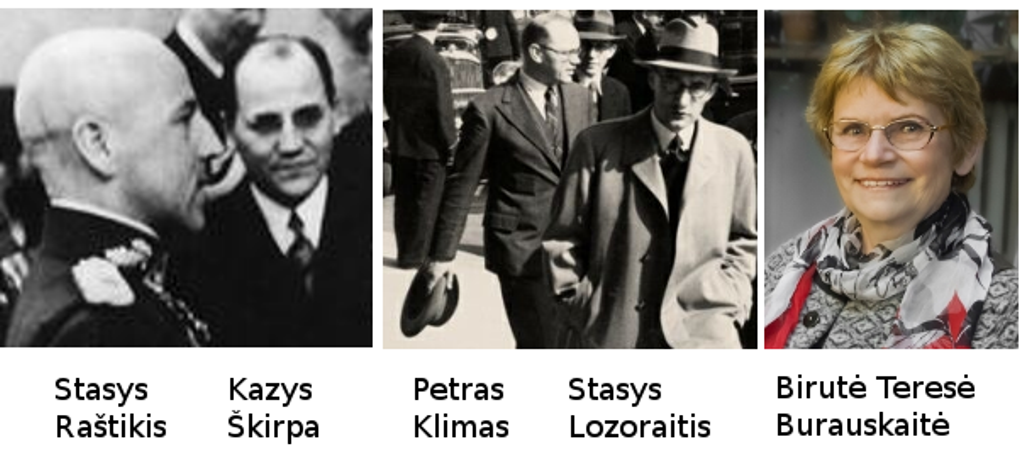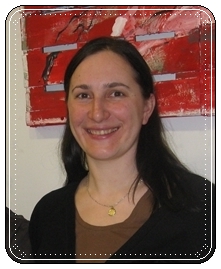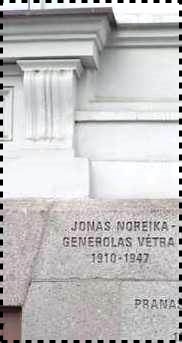DOCUMENTS | HISTORY | LITHUANIA | JOSEPH LEVINSON
◊
VILNIUS—The Vilnius-based family of the late pioneering historian of the Lithuanian Holocaust, Joseph Levinson (1917–2015) has today released the map of Lithuanian mass-grave sites where the country’s Jewish population was annihilated, mostly in 1941. The map appeared in Levinson’s 1997 Book of Sorrow, but had not been released separately, and has occasionally been overlooked by later historians, who have naturally been able to add to the roughly 200 sites discovered, visited, detailed and mapped by Levinson in the 1990s. In addition to the image below, it is now available as PDF. More on Levinson’s life and books can be found at the website www.JosephLevinson.com. Defending History has a Joseph Levison section.


